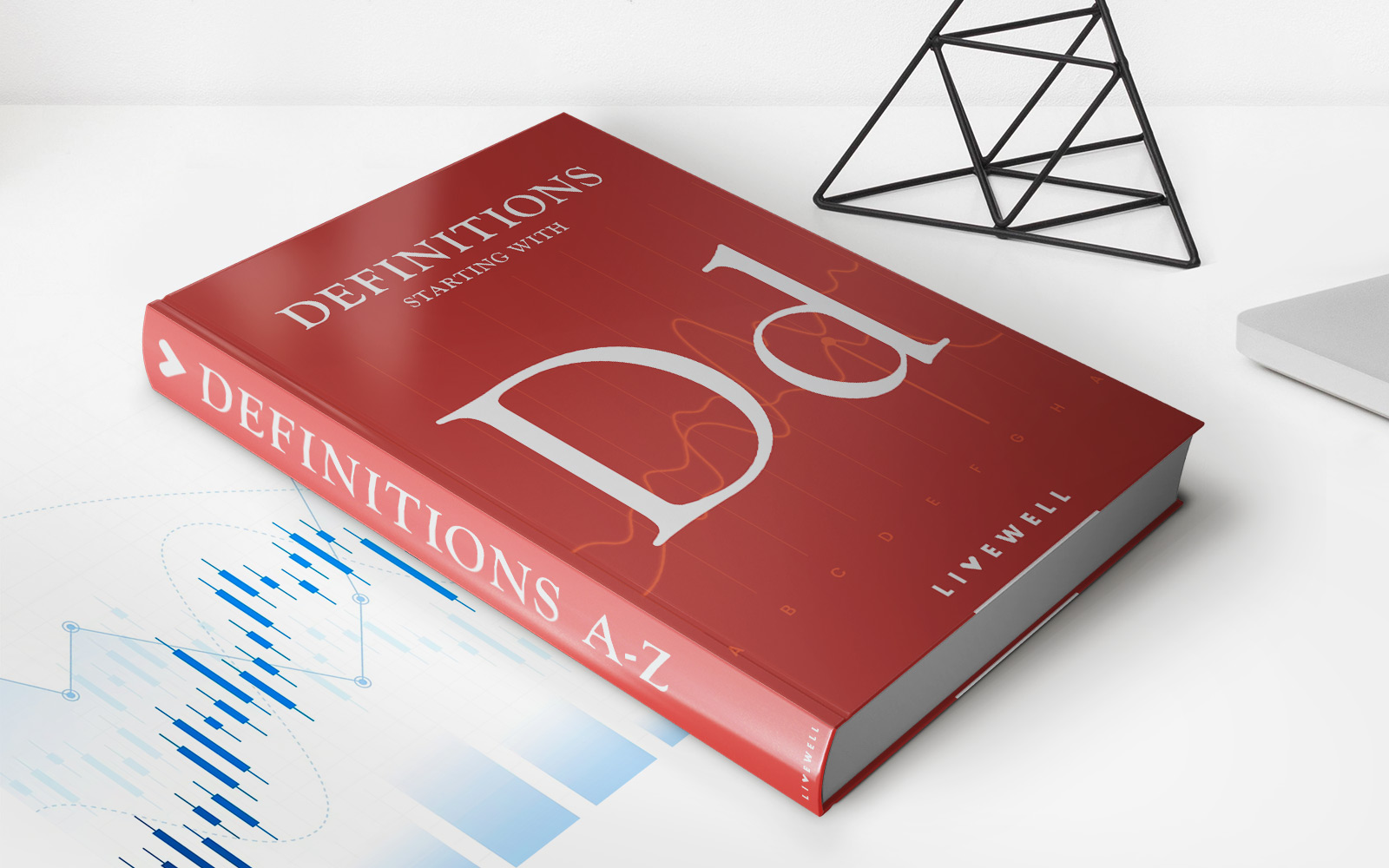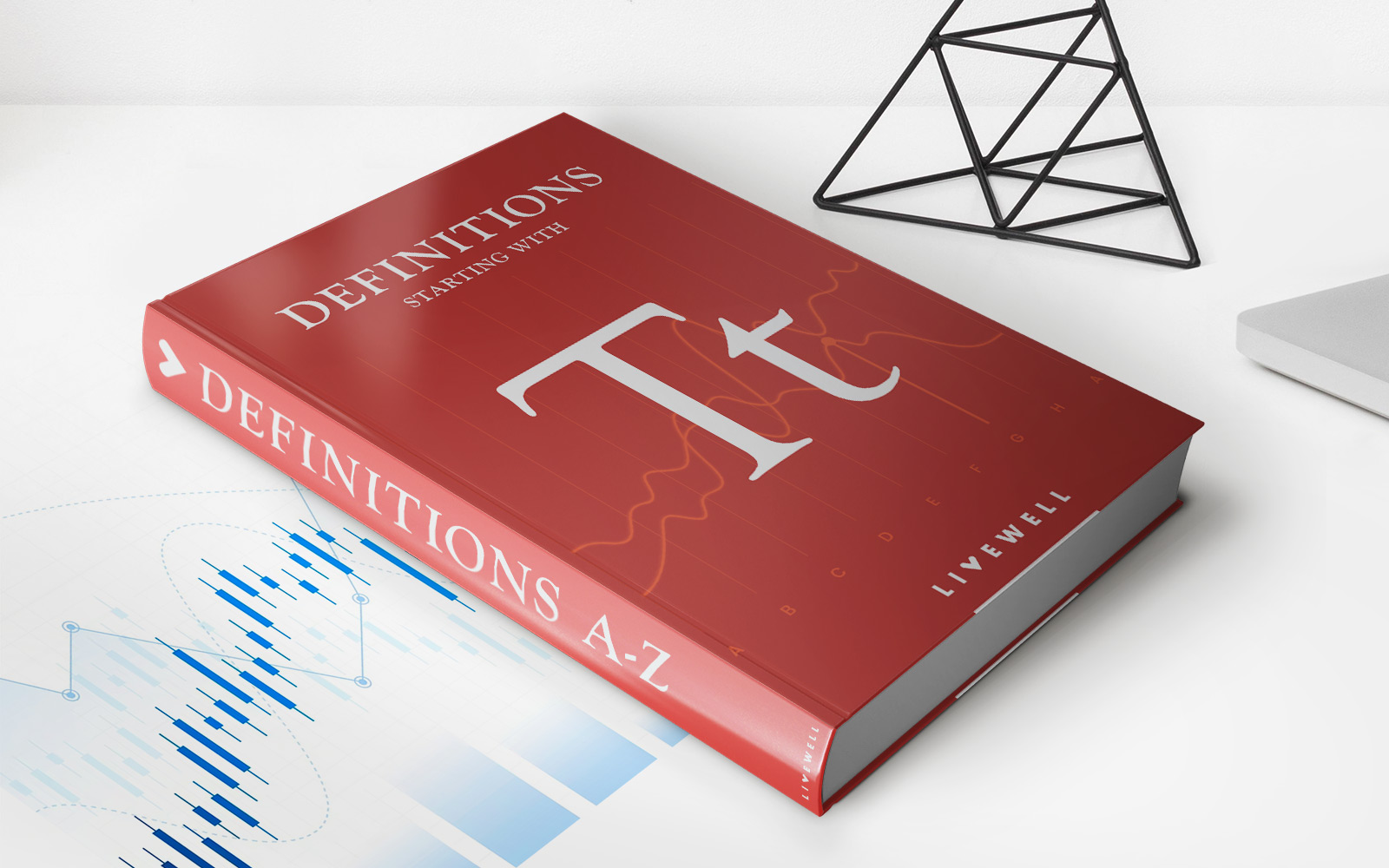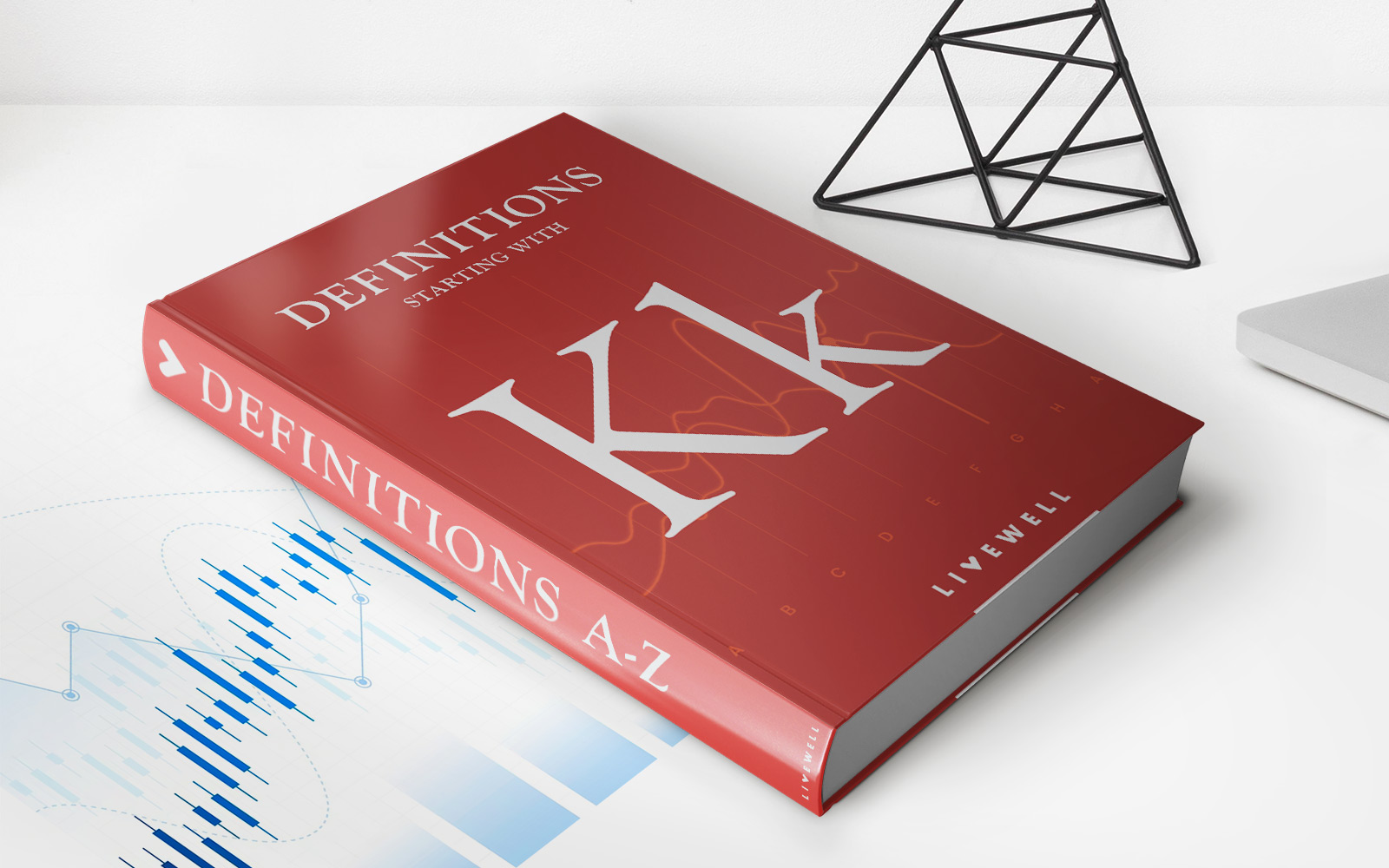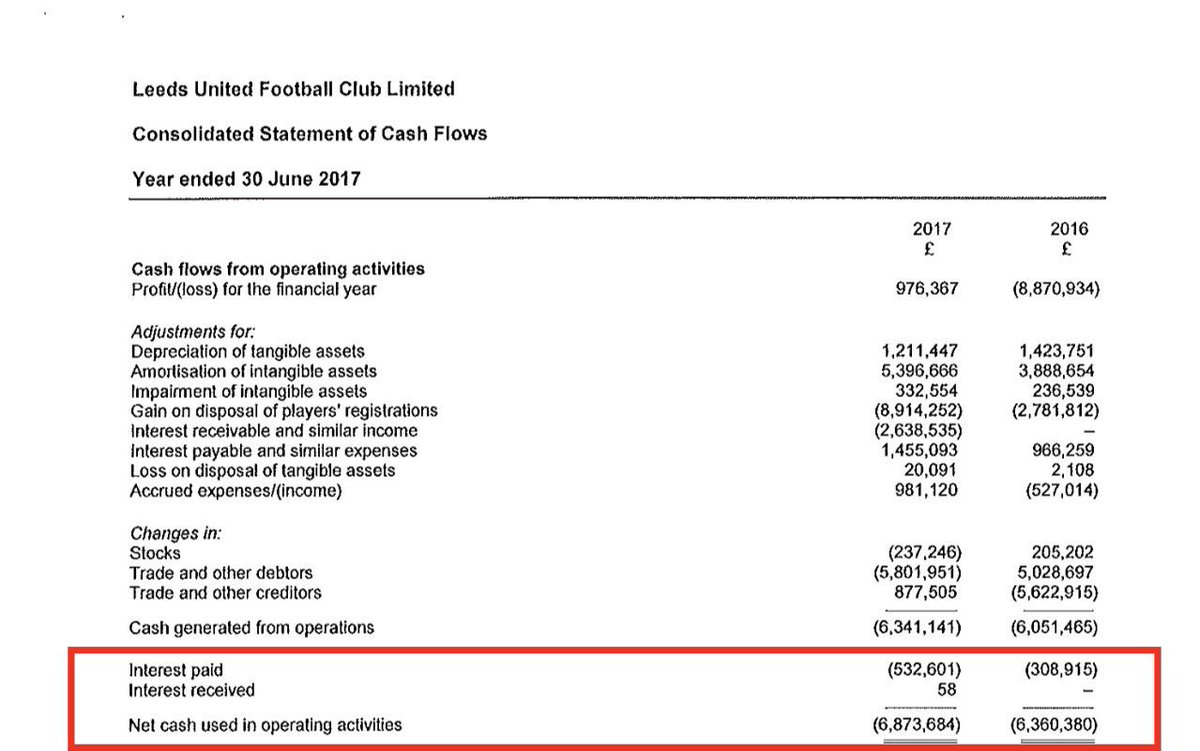Home>Finance>Sticky Wage Theory: Definition And Importance In Economics
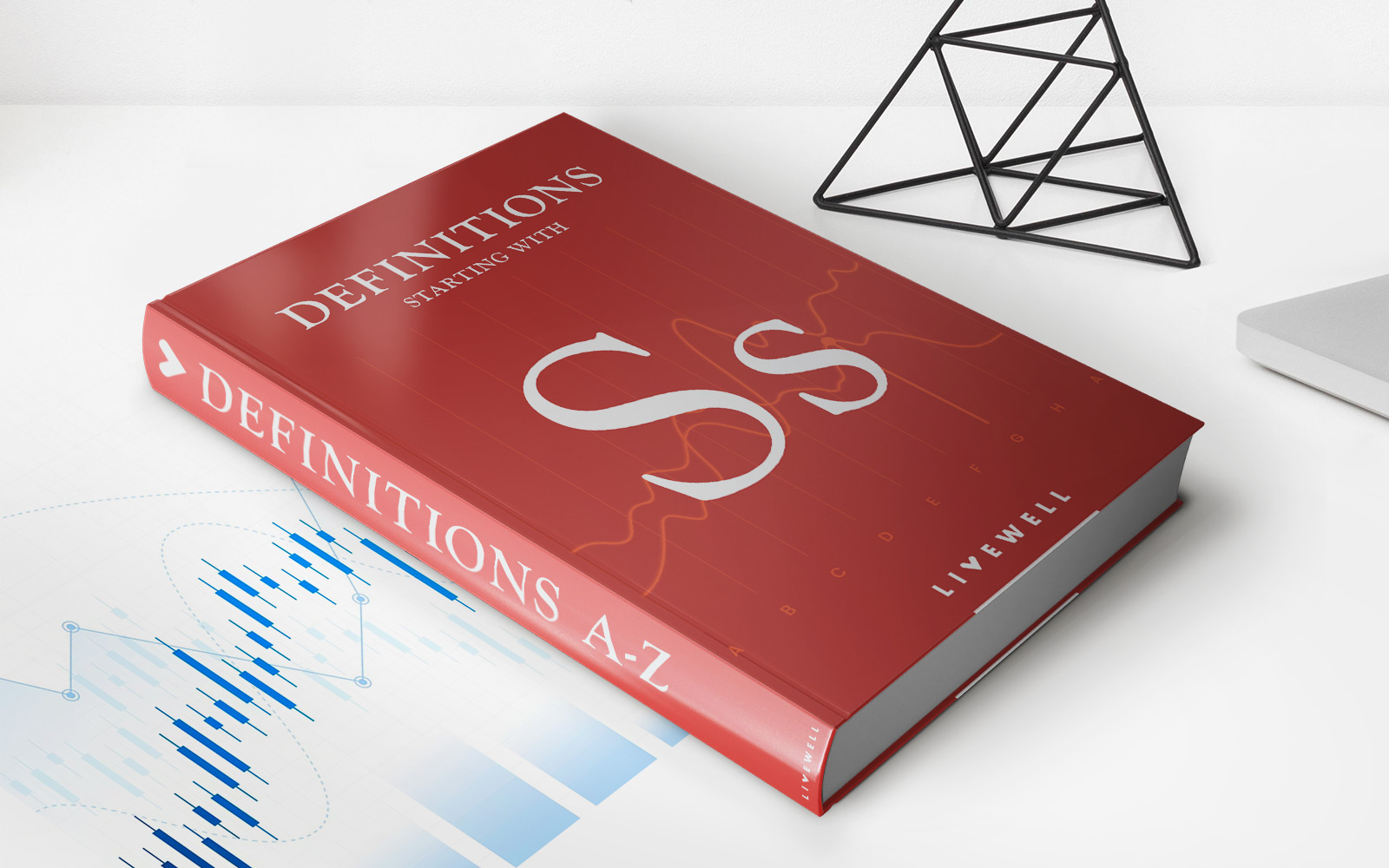

Finance
Sticky Wage Theory: Definition And Importance In Economics
Published: February 2, 2024
Discover the importance of Sticky Wage Theory in Finance. Gain a clear understanding of its definition and how it impacts the economic landscape.
(Many of the links in this article redirect to a specific reviewed product. Your purchase of these products through affiliate links helps to generate commission for LiveWell, at no extra cost. Learn more)
What Is Sticky Wage Theory?
In economics, the concept of sticky wage theory refers to the idea that wages in the labor market do not adjust immediately to changes in supply and demand. Instead, wages tend to be inflexible and “sticky,” meaning they do not change quickly in response to changes in the economy.
Key Takeaways:
- Sticky wage theory suggests that wages do not adjust immediately to changes in supply and demand in the labor market.
- Wages are considered “sticky” because they tend to be inflexible and do not change quickly in response to economic fluctuations.
So why do wages stick around? Well, there are a few reasons for this phenomenon:
- Contractual agreements: Many workers have employment contracts that specify their wages for a set period of time. These contracts provide stability and predictability for both employers and employees, but they can also prevent wages from adjusting to changes in the economy.
- Market imperfections: The labor market is not always efficient, and there may be barriers that prevent wages from adjusting quickly. These barriers can include things like minimum wage laws, unions, and other labor market regulations.
- Psychological factors: Workers may have certain expectations about their wages based on past experiences or societal norms. These expectations can make it difficult for wages to change in response to economic conditions.
While sticky wage theory may seem like a hindrance to economic efficiency, it does serve an important purpose. It provides stability for workers and helps to prevent drastic fluctuations in income that could lead to economic instability. By keeping wages relatively stable, sticky wage theory helps to promote consumer confidence and maintain overall economic balance.
However, it’s important to note that sticky wage theory is just one piece of the puzzle when it comes to understanding the complexities of the labor market. There are many other factors that influence wage levels and labor market dynamics, such as productivity, skills, and bargaining power.
Importance in Economics
Sticky wage theory is important in economics because it helps to explain why wages may not always adjust to changes in supply and demand. This theory has several implications for the broader economy:
- Unemployment: If wages are inflexible and sticky, it can make it harder for the labor market to adjust to changes in overall employment levels. For example, during recessions, firms may be hesitant to cut wages, which can lead to higher levels of unemployment.
- Inflation: Sticky wages can also have an impact on inflation. When the economy is booming and demand for workers is high, wages may not rise as quickly as they would in a perfectly flexible labor market. This can lead to lower levels of inflation than would be expected.
Overall, understanding sticky wage theory is crucial in order to understand the behavior of wages in the labor market and its impact on the broader economy. It provides insights into the factors that influence wage levels and helps economists and policymakers make informed decisions to promote economic stability.
So, the next time you hear about sticky wage theory, remember that it’s not just a fancy economic term, but rather an important concept that helps us understand the complexities of the labor market and its role in shaping the overall economy.
